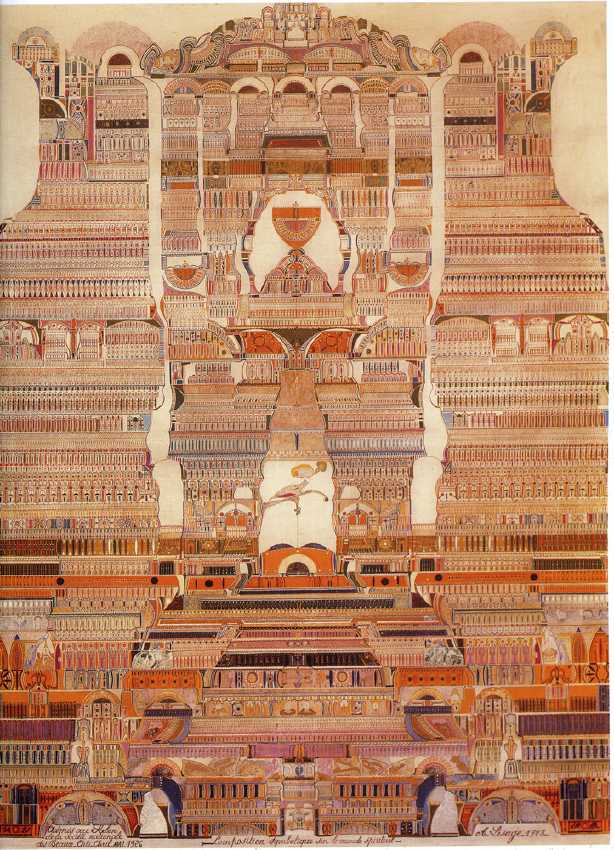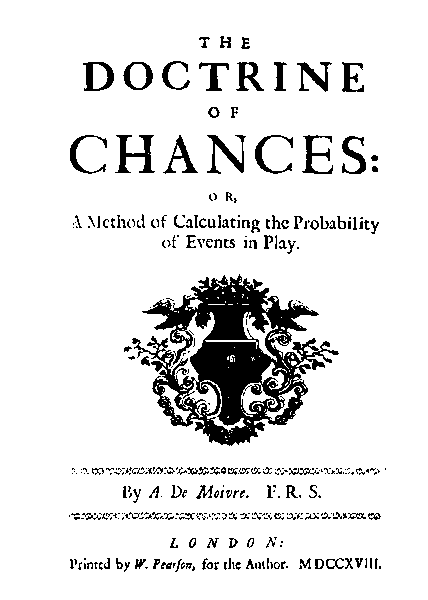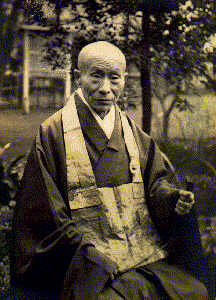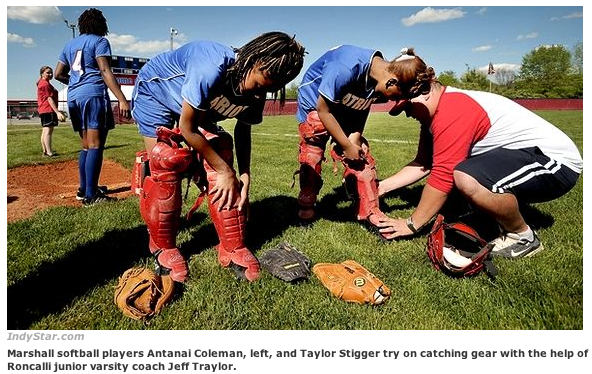
[An archival post carried over from the defunct Transformative Tools blog] If this looks like a version of the medicine wheel, know the medicine wheel expresses the archetectonic fundamental; is the archetypal template for the matrical model and heuristic learning process. This tool was profoundly influenced by the work of Little Bear and Hummux, their investigation following the work of the great process theorist, Arthur S. Young. The matrical form is encountered as descendent of the sacred hoop in Young’s book, The Geometry of Meaning.)Another way to look at it is to think of the simple “four square” matrix, (well known as the Johari Window,) as another kind of depiction. Going farther, these kinds of matrices also formulate compasses and mandalas.The learning principle is straightforward: plotting positions on the form articulates a positions with respect to the arrangement of opposed categories. In turn, each categorical pair expresses a dichotomy or pair of opposites. Any position or relationship between two or more positions encompasses a critical tension betwixt and between these dichotomies. The result is a way of plotting and learning about the tension of opposites. Obviously, this process is explicitly dialectical.
Here’s a simple example:

It could address an inquiry based on the question, If happy or sad, how sensitive is this mood to being changed?
Here’s a richer matrix upon which is set two pairs from Baxter’s Relational Dialectics. It’s more abstract yet it could yield a lot of data in response to a concrete and practical question.

I’ve most often intuited a set of two dichotomies in response to the process I’m engaging with learners. There’s no normative aspect to setting up a given matrix. In effect, they can be conjured as a matter of feeling what the critical tensions in a situation seem to be. Alternately, by drawing two cards from the deck of opposites, (another tool,) the matrix can be randomized. Here’s the result of drawing two cards right now:

Hmmm…good draw. Any matrix given through any procedure is employed against the, hopefully, already critical inquisitive intention of the learner.
As a learner, you can put together, ad hoc, your own 4 square matrix.
Here’s an example of a political self-test using this format.











